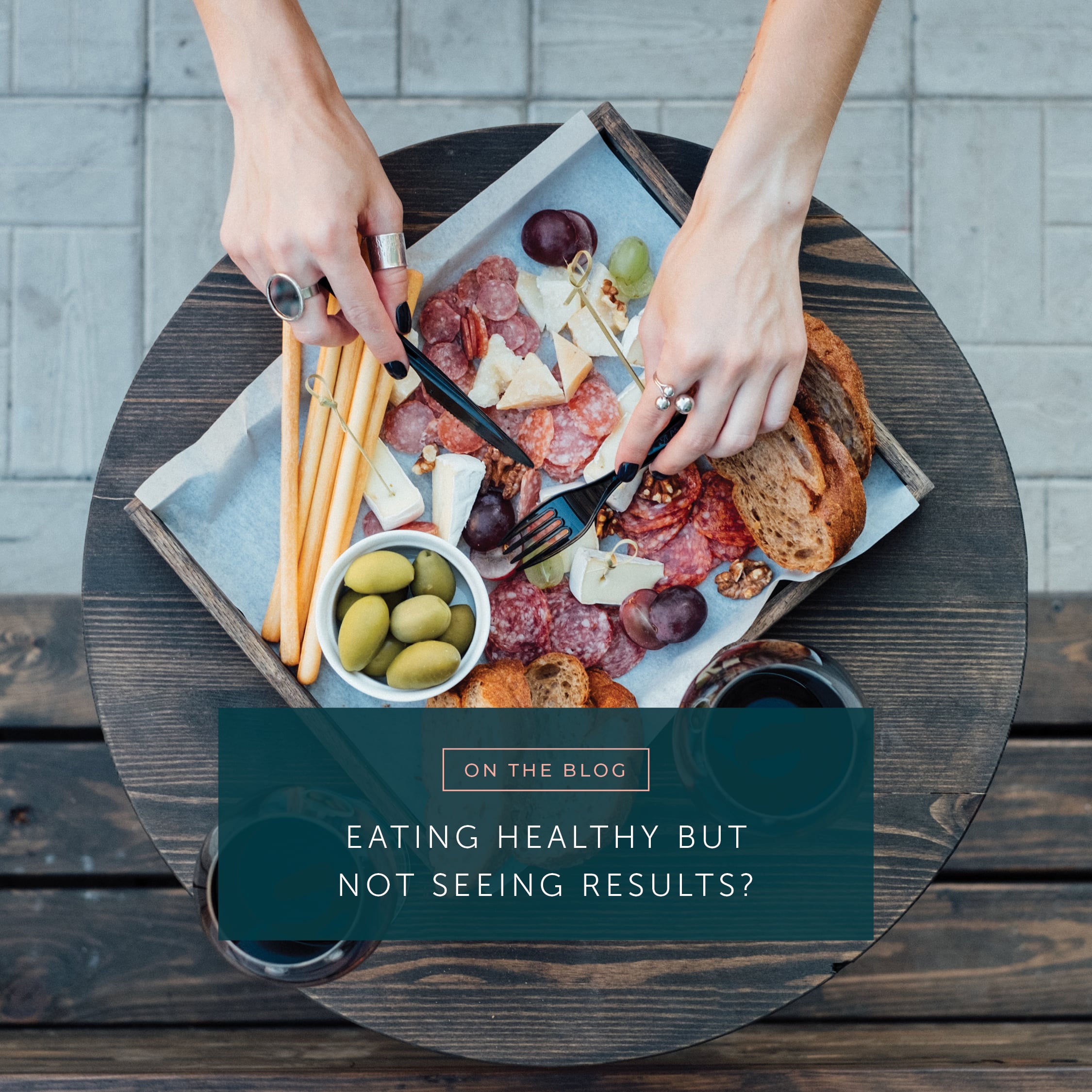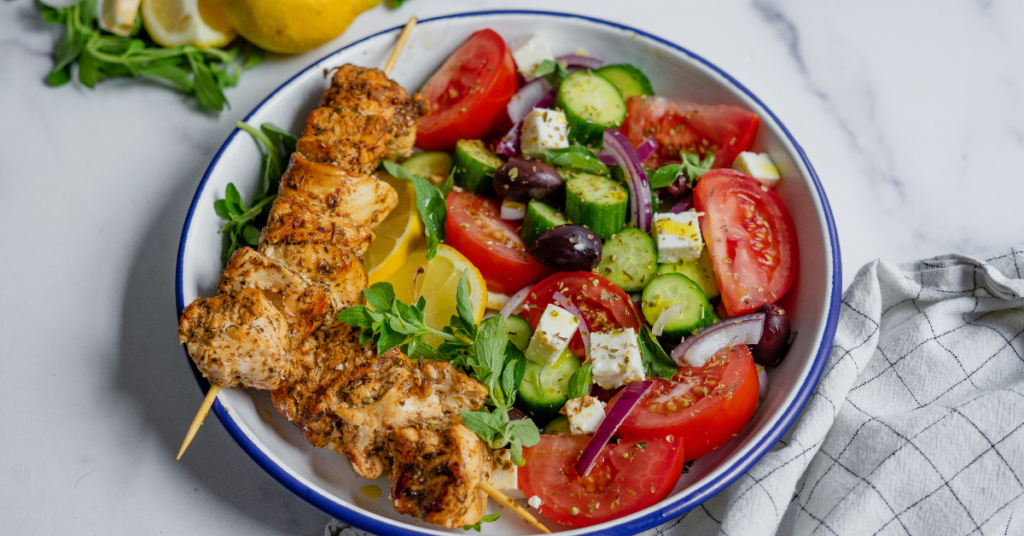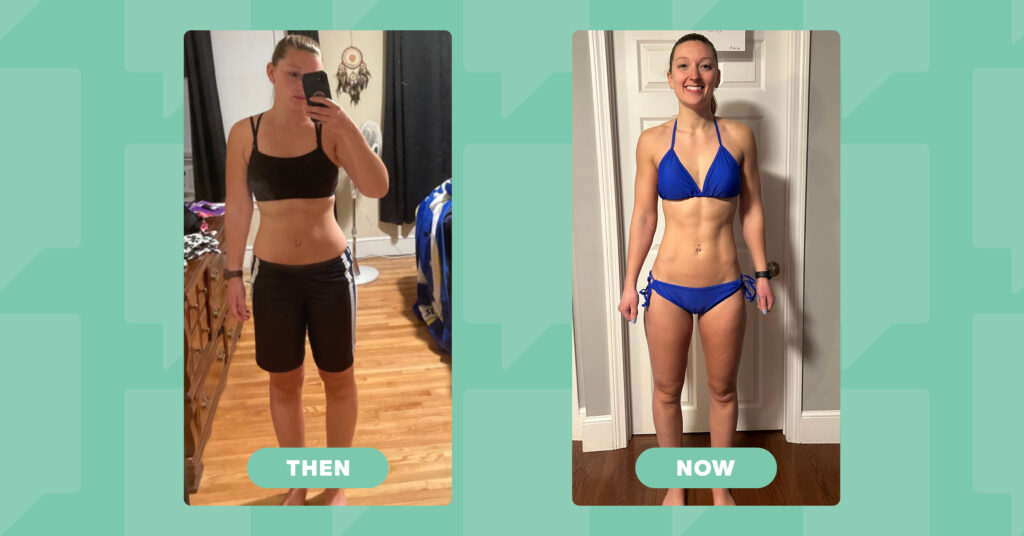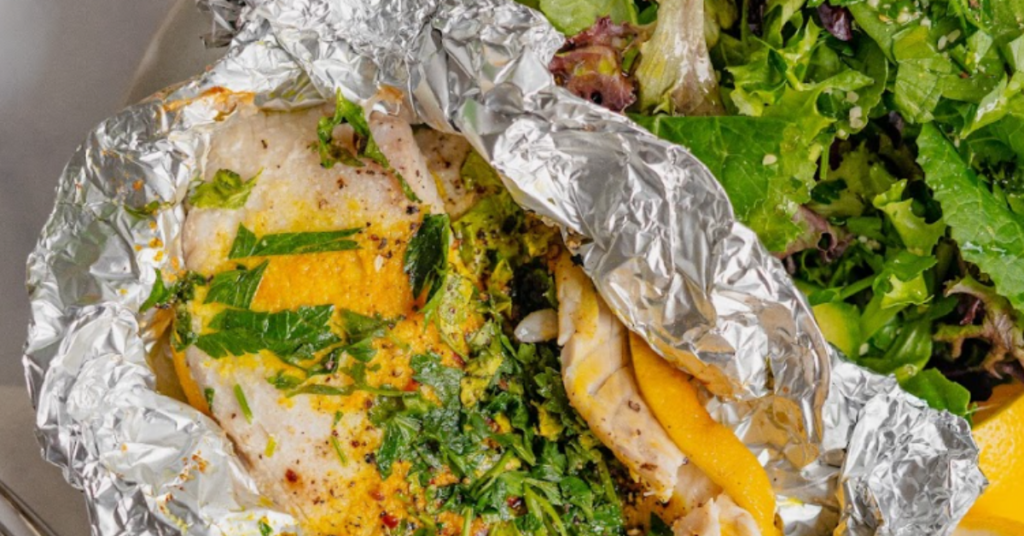One of the most frustrating things for people is when they’re making smart choices around food but still not seeing results. The question I always get is “I’m eating healthy but I’m not losing weight”. To that question, I often respond with a specific question to force the person to reflect. I ask, “how many calories does healthy have?”
Since I operate online I can’t see their facial expression but I assume their jaw lowers, stays there, and the gears in their head start turning. I imagine a look that says “wow, I never thought of that”, and when that happens, the person starts to understand that healthy doesn’t necessarily mean capable of causing weight loss. Eating healthy and eating for weight loss are different things.
Now, eating healthy foods, which we define as nutrient-dense or having lots of vitamins and minerals while being minimally processed, usually does work better for weight loss than not eating healthy. Duh, right? But that doesn’t mean it will definitely mean weight loss. It also doesn’t factor in the unhealthy food choices that are often forgotten about or not even realized. You know, the usual suspects of mindless bites, meals out, unmeasured foods, wine, or a number of other things.
When someone says they eat healthy they envision and communicate the “highlight reel” like an instagrammer would displaying their seemingly perfect life. Very few want us to hear about or see the struggles. Which in the world of dieting, is interesting when you think about it. How can someone help if they don’t know? That’s your friendly reminder to communicate the reality of your food choices. But I digress. Back on topic.
When we try to assess why weight loss isn’t happening we must address overall calories. That is the elephant in the room. I’m not trying to start a battle between food quality and food quantity, but when it comes to changing body size, quantity has more of an influence. Healthy foods in amounts that put your overall calories higher than needed will still cause weight gain or weight stagnation. I’m not saying “eat whatever” because eating mostly healthy stuff is ideal. Getting in nutrients, managing hunger, and hormone control, etc are all important and easier to manage when you’re eating higher quality foods. What I am saying is, the term healthy isn’t necessarily helpful. It’s a bit ambiguous.
If you’re eating healthy and your weight is stuck you’re probably still eating too much. Shameless plug to check your adherence as well. Callback to the usual suspects above.
I know it’s strange to think about but more healthy food doesn’t equal more health or less weight. It can actually mean the opposite. There is a point of diminishing returns just like workouts, suntans, and water. We need enough, not anymore. Once we get too much, we can see the downsides. Too much healthy food can mean too many calories and we know excess calories add to our weight. We know a long sun session means a sunburn. We know more water than we need might mean a bathroom break every ten minutes. Too much of a good thing can become bad.
So, all this to say, healthy food is great but it still can add a lot of calories. Nuts, olive oils, oats, some meats, fruits, and more are often called healthy foods. But what you hardly hear is “hey these healthy foods can have just as many calories like chips, candies, and alcoholic beverages so pay attention to portions and calories. At Stronger U we don’t require anyone to exclude foods entirely but we do encourage consumption of the right amount. When you track your foods these definitions of healthy become irrelevant.
Let’s close this thing out. If you’re eating healthy and not seeing the results you want, start tracking food to see what’s actually happening. Our bodies run well with healthy foods but we can still have too much.









